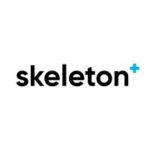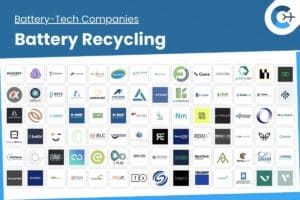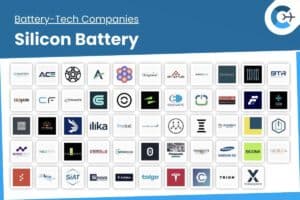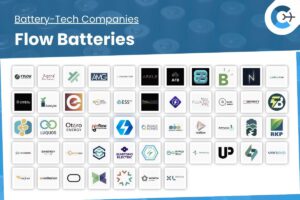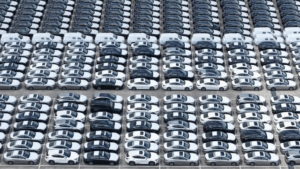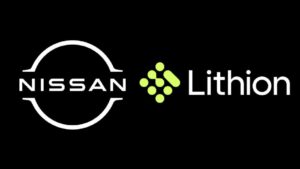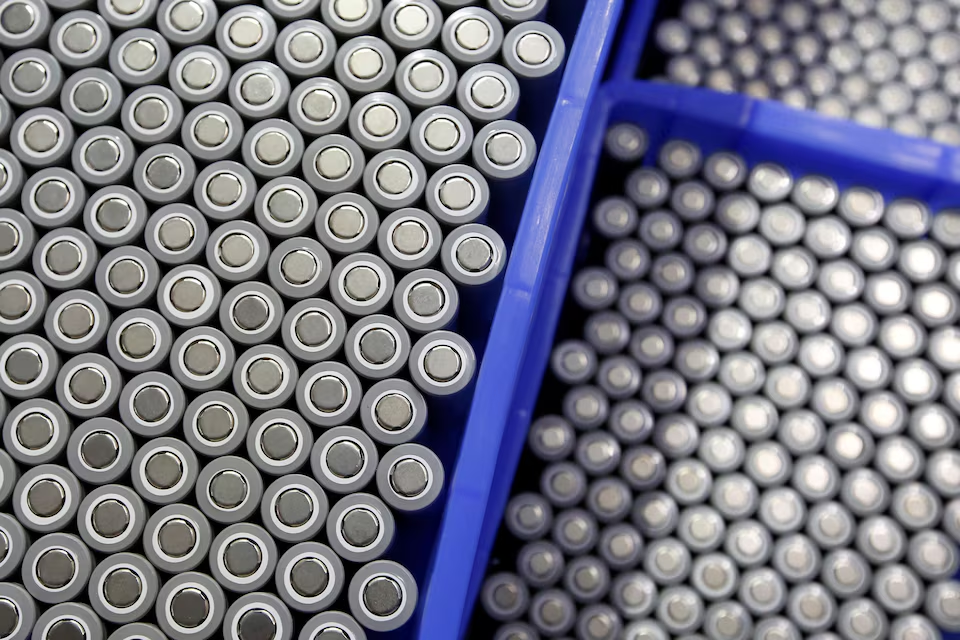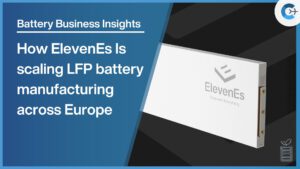Lyten develops lithium-sulfur batteries incorporating proprietary 3D Graphene, achieving over double the energy density of conventional lithium-ion batteries while eliminating nickel, cobalt, and manganese. The manufacturing process reduces carbon emissions by about 60% and uses locally available materials to strengthen supply chain resilience. A planned gigafactory near Reno, Nevada will have an annual production capacity of 10 GWh.
Lithium-sulfur batteries designed for electric vehicles, aerospace systems, and energy storage with higher energy density and lighter weight. Features include 3D Graphene cathodes, reduced reliance on critical minerals, and locally sourced materials. Manufacturing capacity planned at 10 GWh annually.
Lyten gained attention in mid-2025 for its strategic acquisition of assets from bankrupt Swedish battery maker Northvolt, which included manufacturing facilities in Sweden, Poland, and Germany, as well as research and development centers and all of Northvolt’s intellectual property. This move strengthens Lyten’s position as a major player in the European and American battery markets, particularly in advanced energy storage and electric vehicle (EV) applications. Lyten now controls roughly 16 gigawatt-hours (GWh) of existing battery manufacturing capacity, with an additional 15+ GWh under construction. The company aims to scale up to over 100 GWh in the coming years.
Lyten is backed by Stellantis, FedEx Corporation, and Honeywell. Its Series B was led by Prime Movers Lab, with additional support from Walbridge Aldinger Company, Luxembourg Future Fund, and the European Investment Fund. The Export-Import Bank of the United States provided $650M in Letters of Interest.



